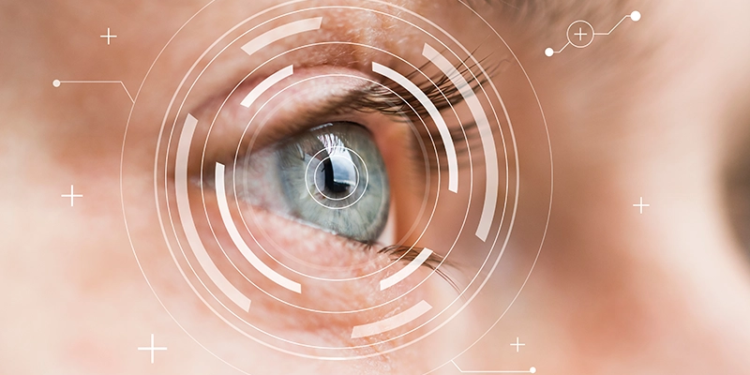The University of Washington’s Center for Sensorimotor Neural Engineering (CSNE) and its industry affiliate, ARM, headquartered in Cambridge, England, have recently signed an agreement to collaborate on developing a brain-implantable, system-on-a-chip (SoC) for bidirectional brain-computer interfaces (BBCIs). The work is aimed at solving neurodegenerative disorders, including Parkinson’s disease, Alzheimer’s disease, and paralysis, and has implications for use with prosthetic limbs. The long-term goal is to assist people affected by neurological conditions and amputations by engineering neurotechnology that will help the body heal, feel, and move again.
The research project will design a SoC that is able to take neural signals from the brain that represent movements a person with paralysis wants to make, before directing those signals to a stimulator implanted in the spinal cord itself. This will enable the person to make movements when he or she wants to, effectively overcoming the paralysis. In the future, the device will also be able to send information in the reverse direction, allowing the person to once again feel what his or her hand is touching. Research is also demonstrating that use of such a system may eventually help to coax brain neurons to rewire in ways that help the brain recover from stroke.
CSNE researchers have developed prototypes of the technology, and ARM’s Cortex-M0 processor, the smallest processor the company has, will be part of future design iterations.
Editor’s note: This story was adapted from materials provided by CSNE and ARM. 




